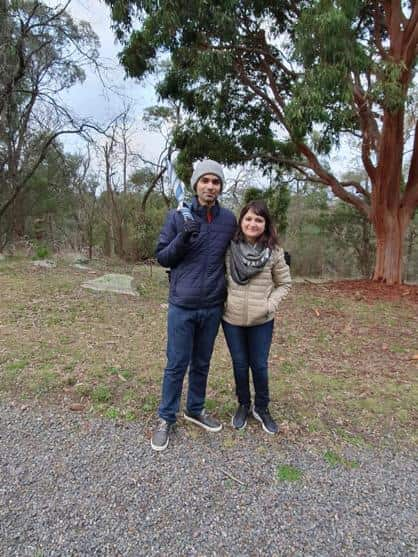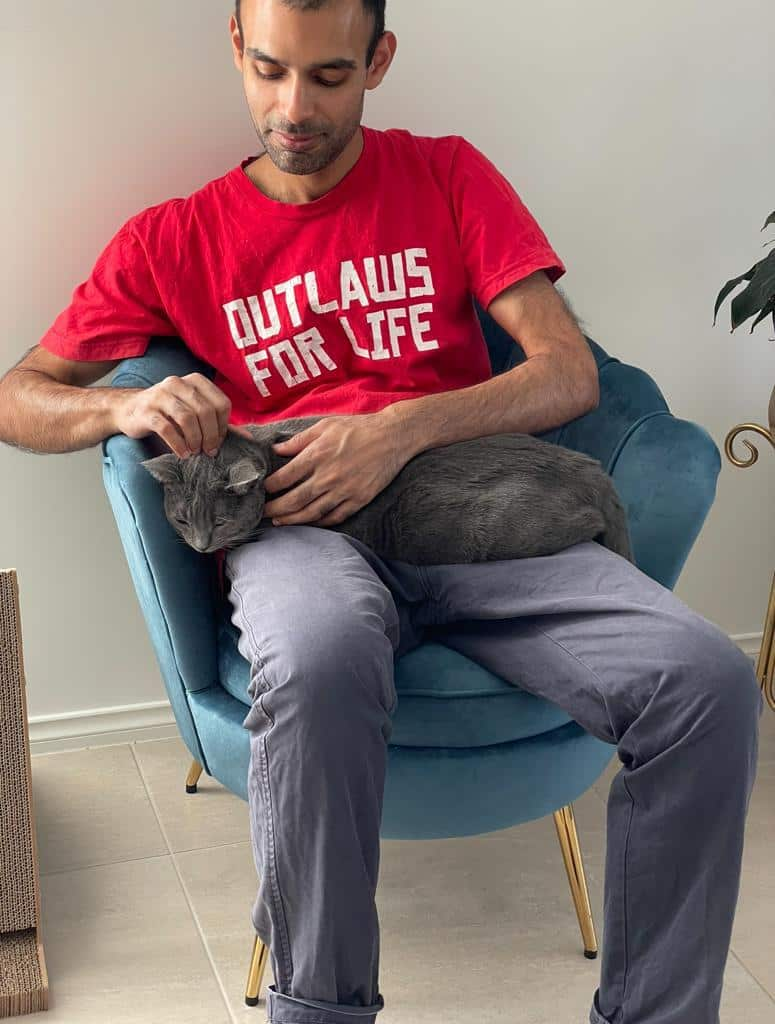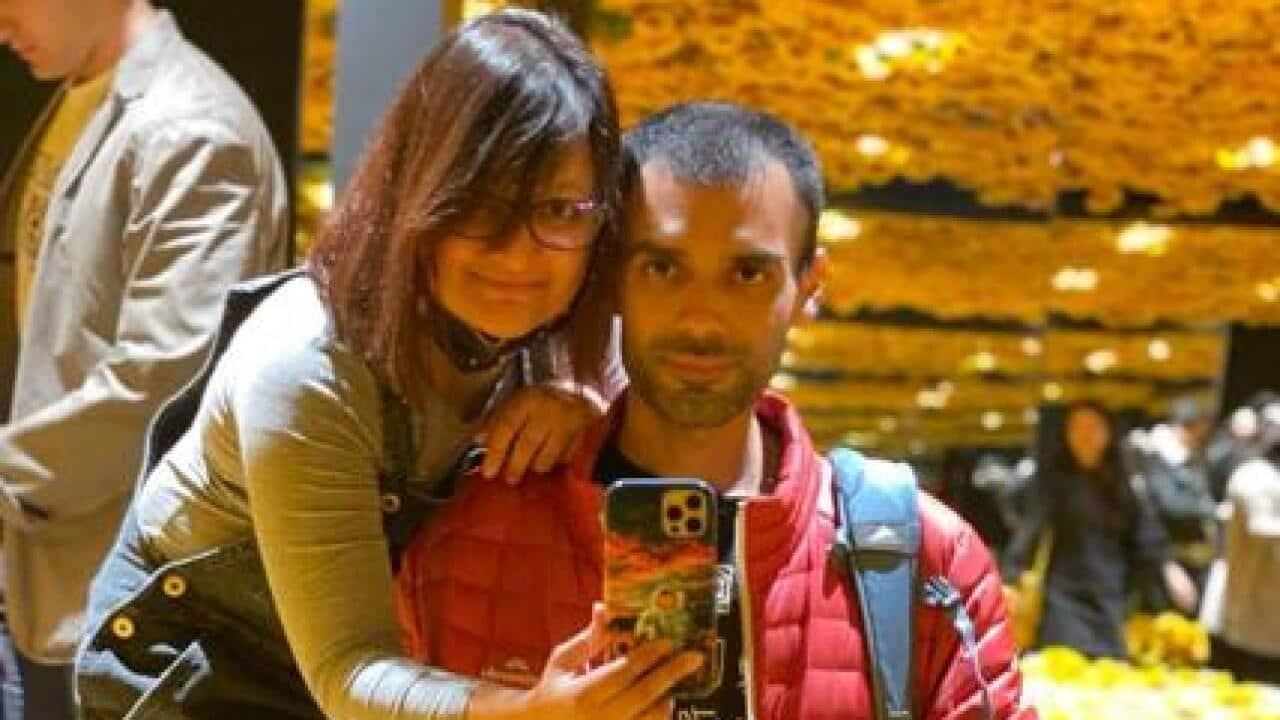“So why don’t you have a baby yet?”
“Why did you get married if you didn’t want kids?”
“It’s time you started thinking about moving forward in life.”
These are the questions people ask us when my wife and I told them we don’t want kids. Friends, family, and even strangers we meet for the first time all ask the same question: when will you start a family?
I grew up in Pakistan where peoples’ lives are heavily influenced by culture and religion. As soon as people get married, they start having children right away. It’s not a question of whether you are ready or not, it’s just what you do.
You spend the prime years of your life struggling to make ends meet and sacrifice everything for your children. Children who then grow up and do the same and so the cycle continues. No one stops and think about what they are doing; no one stops and asks, “do I want my life to look like that?”
When my wife and I got married 10 years ago, I was 23 and everyone knew I was still studying so no one asked us to have a baby instantly. We moved to Australia and after finishing our studies, we both started working fulltime jobs.

Tahla and Myra say they constantly face questions about why they don't have children.
We politely told everyone it’s not the right time and came back home to Australia. People told my mum: “You shouldn’t have let him go to Australia; he’s changed and doesn’t listen to you anymore.”
My childhood
I was born to a lower-middle-class family with both my parents working two jobs to make ends meet. They spared no expense in ensuring that my brother and I got the best private school education. They subscribed to the ideology that a good education ensures a high-paying job which equals success in life.
My parents reminded my brother and me every day of how expensive our schooling was and how much they were sacrificing for us. My grandparents used to repeat the same. I feared failing exams in school because if I did, my mother would have a meltdown and tell me how disappointing it is that even though they do so much for me, I don’t work hard enough.
Even as a little child, I was aware of my parents' struggles. They were overworked, tired; pushing themselves past their breaking point; all for their children. I didn’t choose to be born but I was told every day how difficult their lives were, just so I could have a better life.
At some point in time in their lives, these two individuals fell in love and got married, but I had a difficult time connecting that image to the parents I grew up with. I saw their health and relationship deteriorate every day. I thought to myself if this is what they had envisioned for their lives. I can’t help but blame my existence for their misery.
Do I want kids?
Most people seem to have kids because it’s just what society expects them to do. Why is it so insane of me to ask myself if that’s the kind of life I want for myself? I quickly realised that I put more thought into not having kids than most people do before they go ahead and have kids.
In Pakistan, the cost of living is quite high and income levels don’t match the ever-growing inflation. Men are viewed as the primary financial support for their family and are not encouraged to marry until they have a decent job and can support their family (including parents and younger siblings). People treat procreation as their religious and cultural duty so there is an expectation that everyone who marries ends up having kids unless they have a medical condition that prevents it.
Decision time
As the years ticked by, we could see the pressure increasing. Every so often someone would tell us we would make excellent parents. My mother started to feel humiliated when people asked her if I had infertility issues - and she’s a fertility specialist!
Naturally, we felt like we were missing out on something big. The Australian society values parenthood. Our friends were getting pregnant and having kids. But then we saw how much their lives changed, and we couldn’t help but feel relieved that we had the freedom to live our lives as we wanted.
With growing pressure every day, we started thinking ‘why is it so important for everyone that WE reproduce?’ We don’t need to fit in. We don’t need to change our lives when we love the way things are. The planet is already overpopulated, we don’t need to add another human being. There’s war, there’s abuse and harassment, injustices and inequity. We only live once; shouldn’t we make the most of our time here?

Tahla with one of his pet cats.
Our parents think we are being immature and that we will change our mind. I’ve heard everything. From being told that no one will take care of me when I’m old to I need psychological help since I’m not in the right mind set.
A few years ago, we decided the life we have is enough. We started pushing back and telling people that we have decided we will not be having children. I decided to get a vasectomy and we never looked back. It's not something people do in Pakistan even after their families are complete, so I feel a sense of individuality and a sense of pride in my decision.
I have also been called selfish. I’m happy to be considered selfish, because that means I can continue to live my life for myself and the people that I love. I have an amazing collection of tech and tools, Myra’s turned our house into a tiny jungle, and our beautiful cats remind us that there are so many more ways to feel fulfilled and happy. It’s important to consider what you want from life, it’s essential to know what your limitations are and how you want to spend your time, even if that’s not “normal.”
Hear more from Tahla on the Forgetting Fatherhood episode of Insight.



